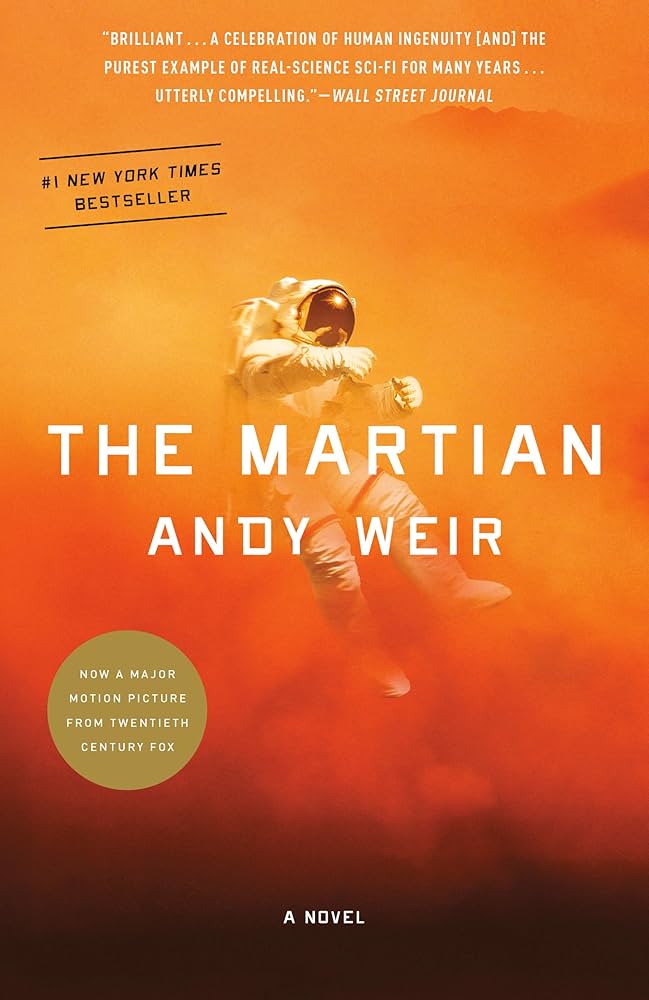What is Colloquium?
Each semester, all Honors College students explore a new topic through a common reading. We come together for one night over a meal and share thoughts in small groups led by university faculty and staff members. Generally, the discussion is accompanied by a keynote, expert panel, or other group activity.
Colloquium topics are drawn from all areas of study. Recent topics have included books on honesty, free speech, DNA and genetics, local food movements and sustainability, economics, immigration and American identities, and Victorian vampires. We read novels, non-fiction, and sometimes even graphic novels and comics. Colloquium is never the same twice, and by the time you graduate you'll have read a diversity of topics that help stretch your knowledge in news and unexpected ways.
Faculty & Staff interested in participating should contact the Honors College office for more information or to sign up to be a table leader.
2024-25 The Year of Failure
- Spring '25: The Martian by Andy Weir
- Fall '24: Right Kind of Wrong: The Science of Failing Well by Amy Edmondson
2023-24 The Year of Sound
- Spring '24: True Biz by Sara Novic
- Fall '23: Noise: A Human History of Sound and Listening by David Hendy
2022-23: The Year of Curiosity
- Spring '23: Go West, Young Man by B.J. Hollars
- Fall '22: Range: Why Generalists Triumph in a Specialized World by David Epstein
2021-22: The Year of Connection
- Spring '22: Connected by N. Christakis & J. Fowler
- Fall '21: Klara and the Sun by Kazuo Ishiguro
2020-21: The Year of Resilience
- Spring '21: Between the World and Me by Ta-Nehisi Coates
- Fall '20: The Land of Open Graves by Jason DeLeon
2019-20: The Year of Stuff
- Spring '20: Garbology - Our Dirty Love Affair with Trash by Edward Humes
- Fall '19: Stuff Matters: Exploring the Marvelous Materials that Shape our Man-Made World by Mark Miodownik
2018-19: Facing Failure - A Year of Learning from Mistakes
- Spring '19: The Death and Life of the Great Lakes by Dan Eagan
- Fall '18: Being Wrong: Adventures in the Margins of Error by Kathryn Schulz
2017-18: The Year of Conversation
- Spring '18: A Semi-Definitive List of Worst Nightmares by Krystal Sutherland
- Fall '17: How Does it Feel to Be a Problem: Being Young and Arab in America by Moustafa Bayoumi
2016-17: The Year of Curiosity
- Spring '17: What If? Serious Scientific Answers to Absurd Hypothetical Questions by Randall Munroe
- Fall '16: Nonsense: The Power of Not Knowing by Jamie Holmes
2015-16
- Spring '16: Can't We Talk About Something More Pleasant? by Roz Chast
- Fall '15: Unlearning Liberty by Greg Lukianoff
2014-15
- Spring '15: Running the Books by Avi Steinberg
- Fall '14: The (Honest) Truth About Dishonesty by Dan Ariely
2013-14
- Spring '14: Dracula by Bram Stoker
- Fall '13: The Good Food Revolution by Will Allen
2012-13
- Spring '13: Radioactive: Marie & Pierre Curie - A Tale of Love and Fallout by Lauren Redniss
- Fall '12: The Return of Depression Economics and the Crisis of 2008 by Paul Krugman
2011-12
- Spring '12: The Immortal Life of Henrietta Lacks by Rebecca Skloot
- Fall '11: The Happiness Hypothesis by Jonathan Haidt
2010-11
- Spring '11: "Introduction to Freud's Dream Psychology" by Andre Tridon & "A Counterblast in the War on Freud: The Shrink is In" by Jonathan Lear
- Fall '10: Apology by Plato
2009-10
- Spring '10: Satchmo: the Genius of Louis Armstrong by Gary Giddins
- Fall '09: Roving Mars: Spirit, Opportunity, and the Exploration of the Red Planet by Steve Squyres
2008-09
- Spring '09: Clash of Civilizations by Samuel Huntington & Amartya Sen
- Fall '08: Founding Brothers: The Revolutionary Generation by Joseph Ellis
2007-08
- Spring '08: The Ethics of What We Eat by Peter Singer & Jim Mason
- Fall '07: "Pearls Before Breakfast" by Gene Weingarten, Washington Post
2024-25's Honors College Theme is "The Year of Failure"
Spring 2025 Colloquium : The Martian by Andy Weir

Six days ago, astronaut Mark Watney became one of the first people to walk on Mars.
Now, he’s sure he’ll be the first person to die there.
After a dust storm nearly kills him and forces his crew to evacuate while thinking him dead, Mark finds himself stranded and completely alone with no way to even signal Earth that he’s alive—and even if he could get word out, his supplies would be gone long before a rescue could arrive.
Chances are, though, he won’t have time to starve to death. The damaged machinery, unforgiving environment, or plain-old “human error” are much more likely to kill him first.
But Mark isn’t ready to give up yet. Drawing on his ingenuity, his engineering skills—and a relentless, dogged refusal to quit—he steadfastly confronts one seemingly insurmountable obstacle after the next. Will his resourcefulness be enough to overcome the impossible odds against him?
Current Honors students will receive a free copy of the book through UW-Stout's Instructional Resource Services.




